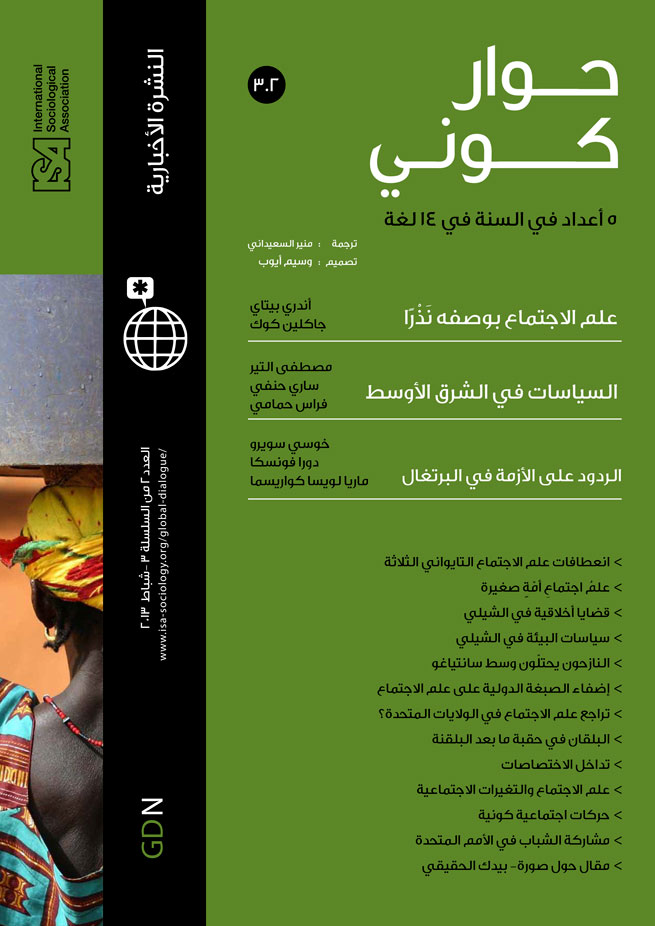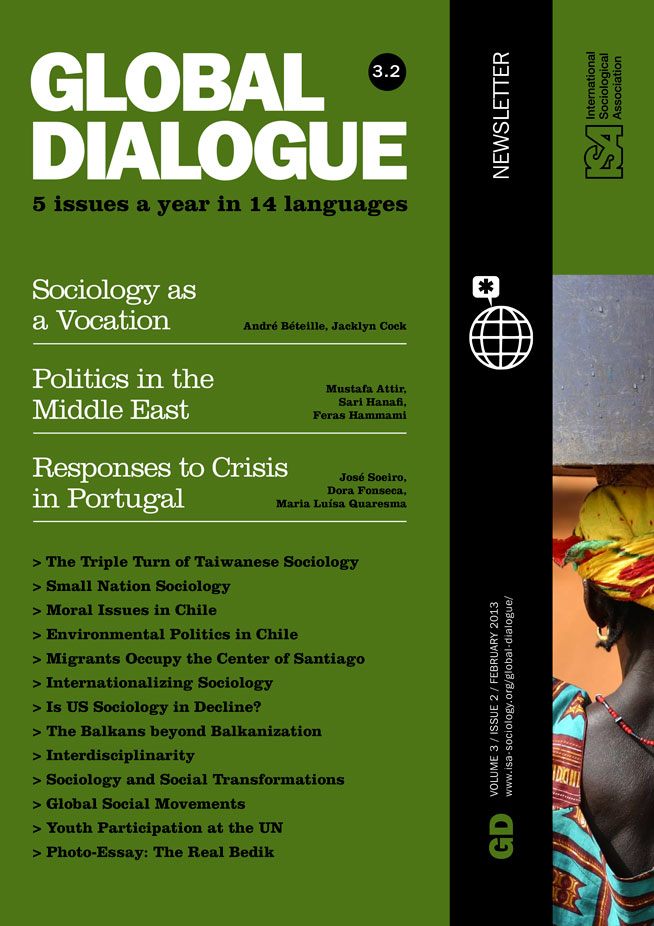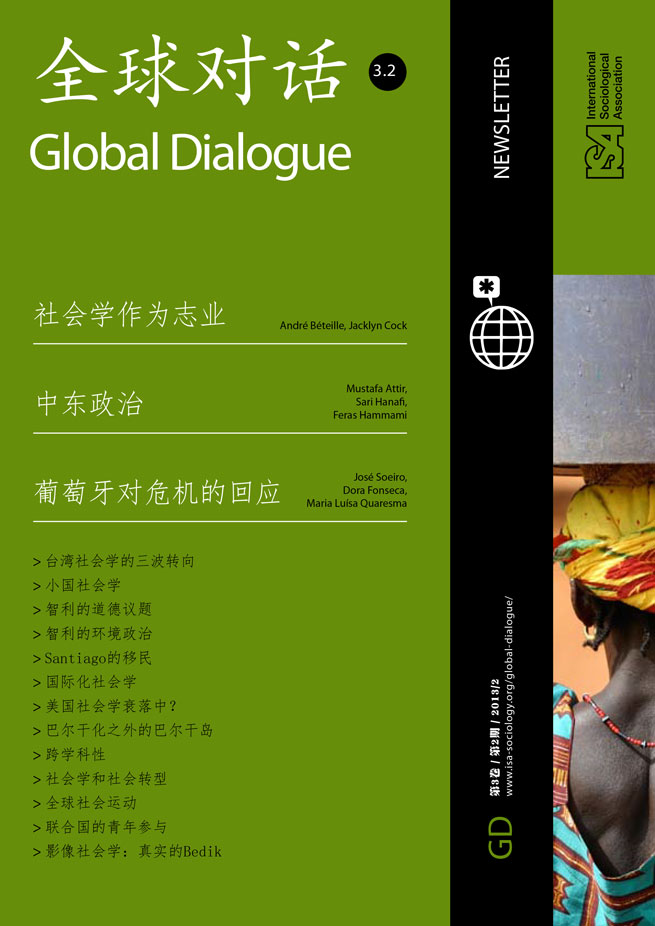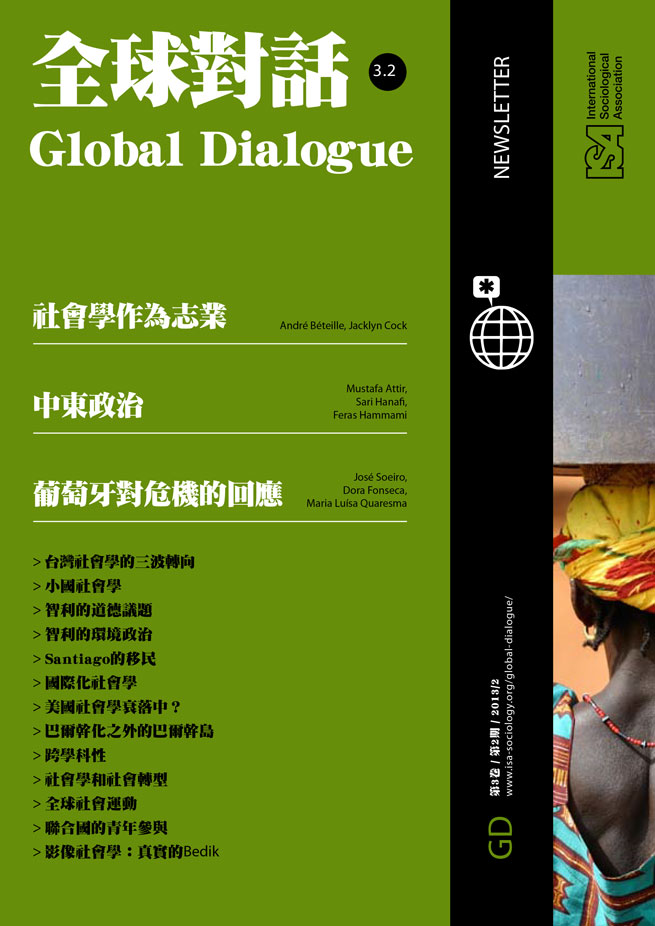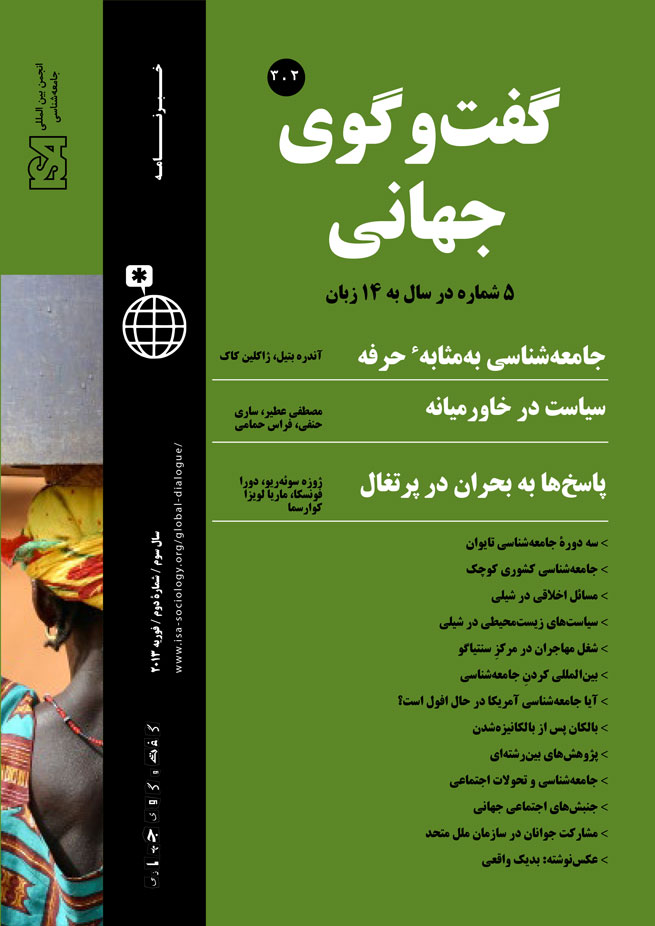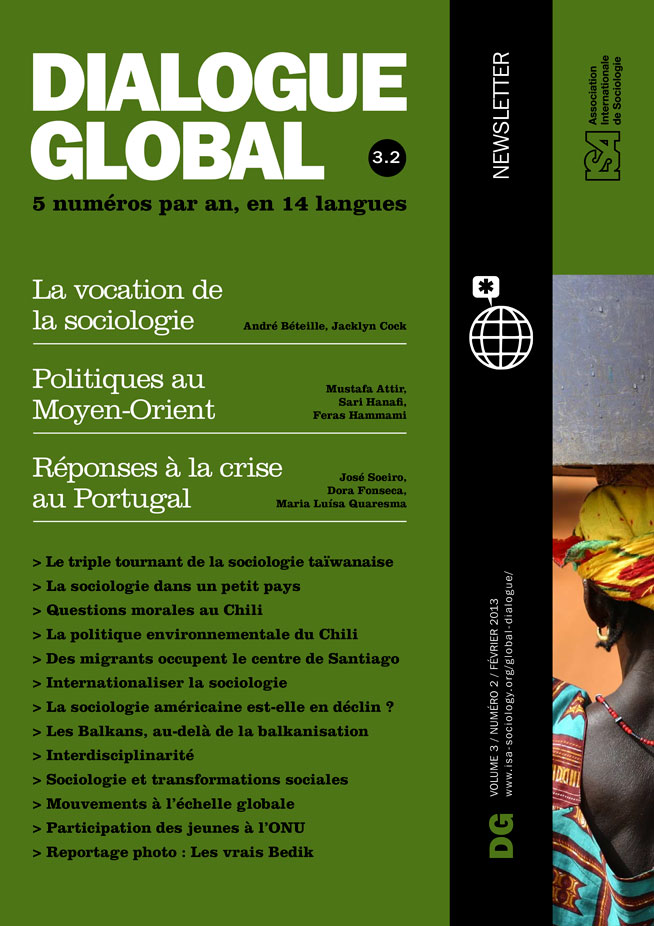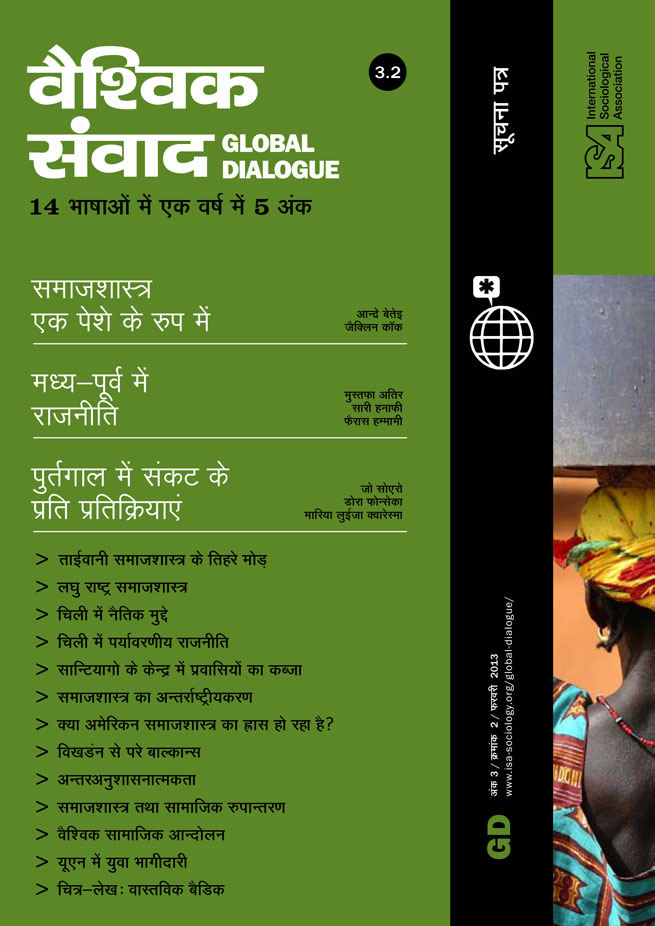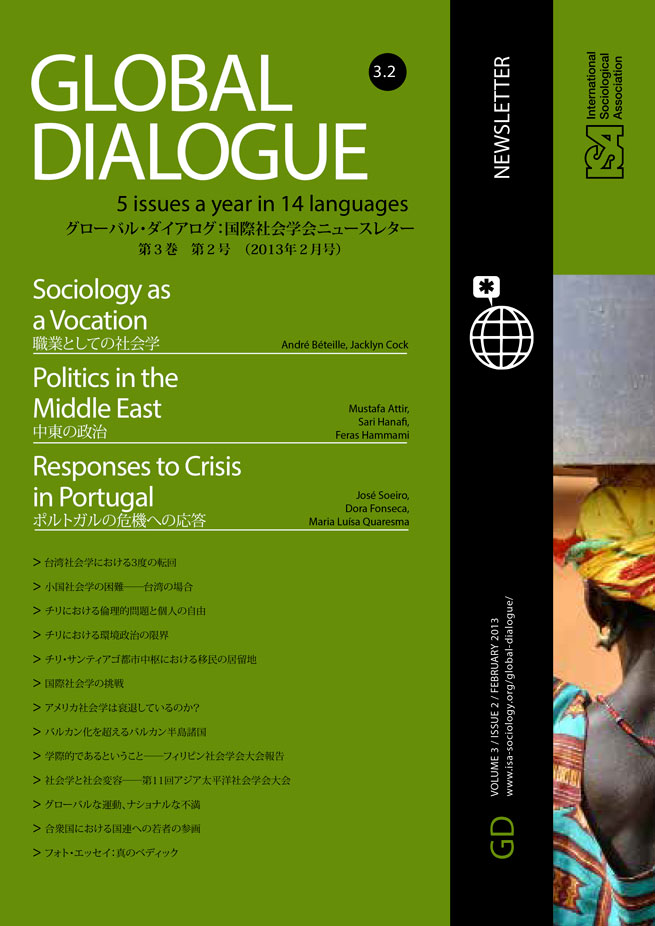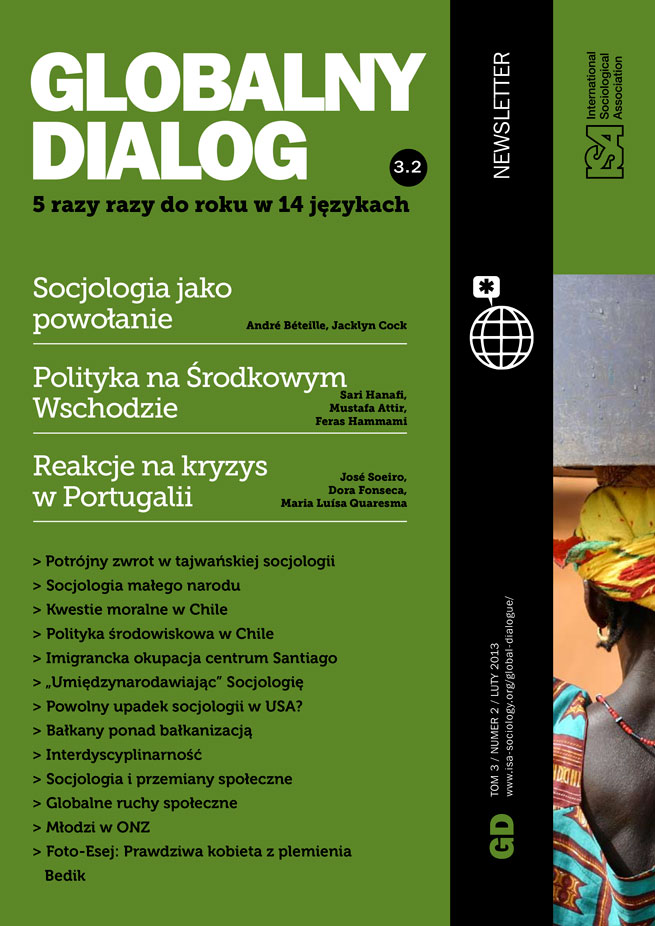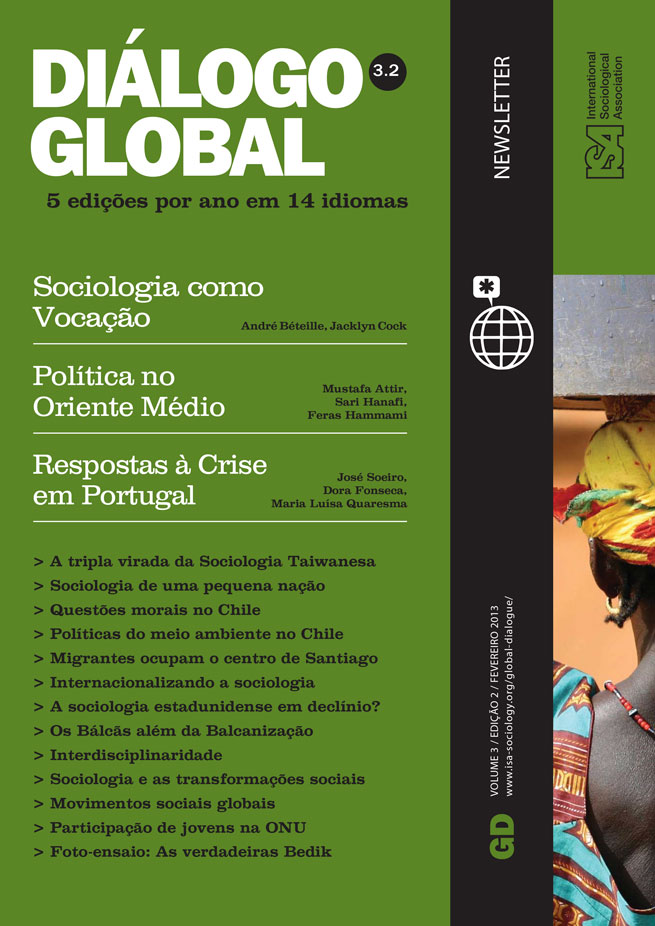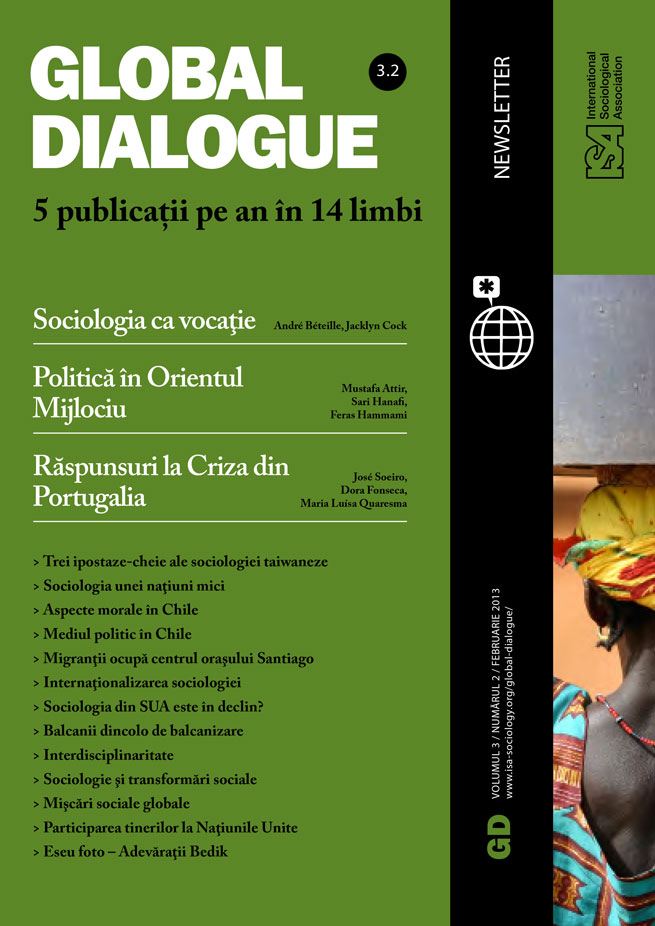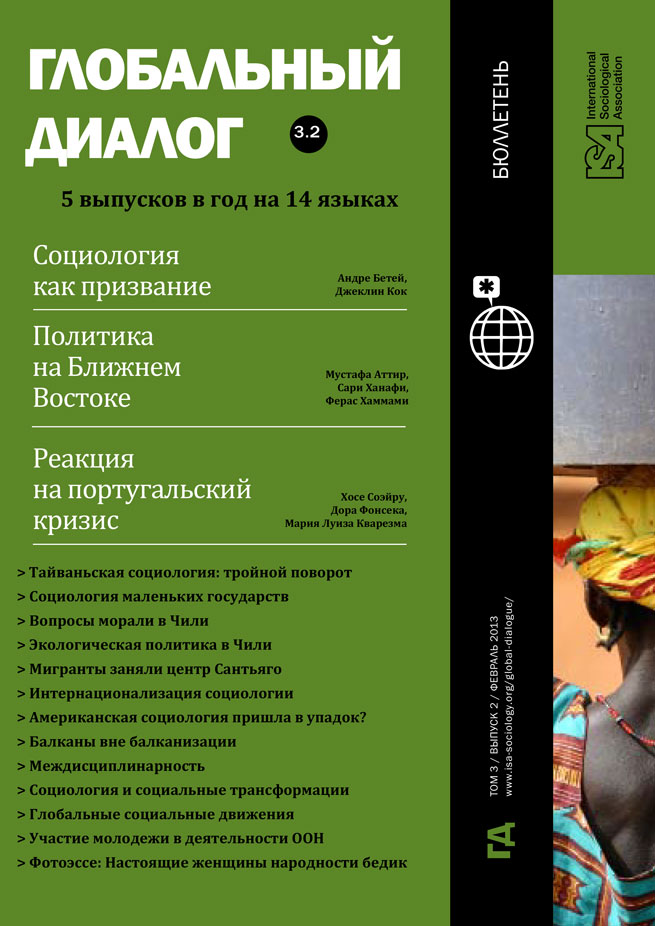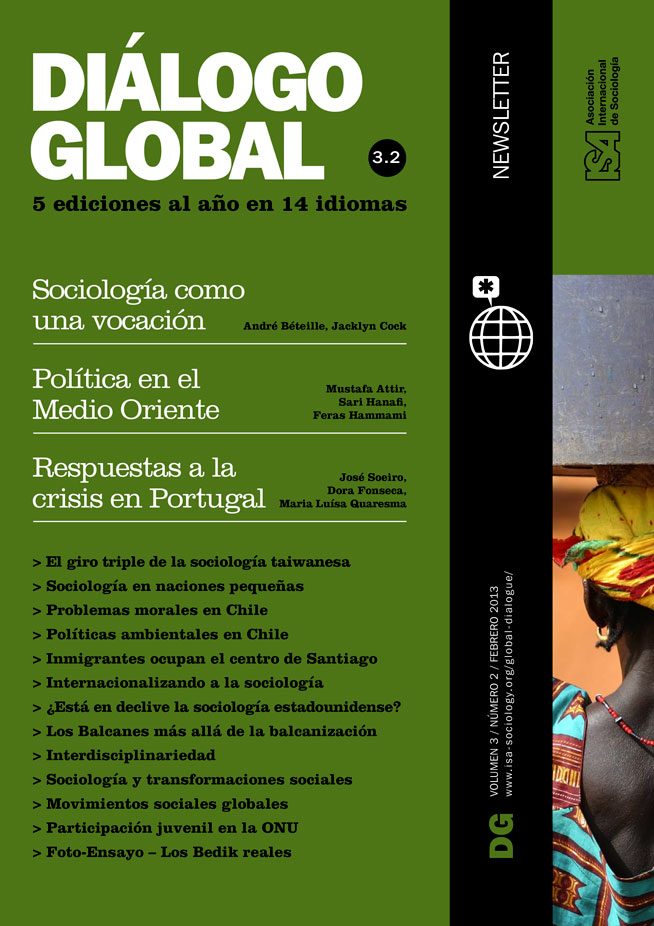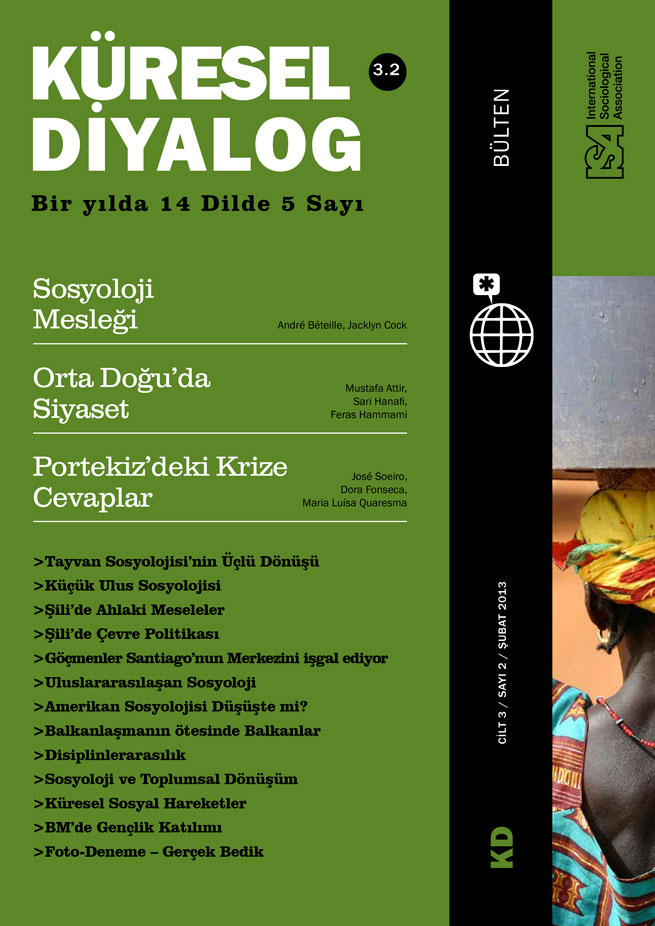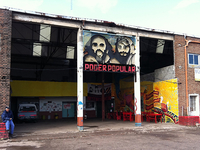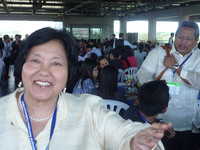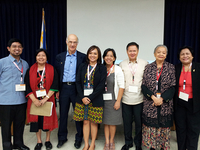The Balkans beyond Balkanization
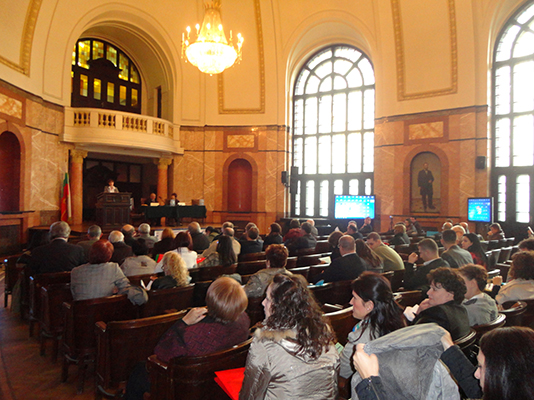
February 15, 2013
Although for more than a century the Balkans have chiefly been synonymous with the kind of regional fragmentation that engendered the term “Balkanization,” the Second Annual Conference of the Balkan Sociological Forum (Sofia, November 9-10, 2012) has shown that kind of history to be clearly past for sociologists in the region. The Balkan Sociological Forum was created in November, 2011 in Tirana thanks to the efforts of Albanian sociologists, and especially of Leke Sokoli, and with the participation and support of colleagues from Macedonia, Bulgaria, and Slovenia; it is the first ever institutional realization of the idea of building an association of Balkan sociologists – an idea first suggested in the early 1990s by the then President of the Bulgarian Sociological Association, Peter-Emil Mitev, but which long remained unfulfilled due to the war in the former Yugoslavia. Having understood the lessons of history and become aware of the inevitable need to work together in order to overcome their shortcomings and enhance their separate advantages, Balkan sociologists created their own organization committed to promoting mutual knowledge and joint action in regional and international sociological activities. They gathered in Sofia to establish mutual dialogue and mutual understanding, to learn more about their close neighbors, to make the unfamiliar more familiar.
Of course, after the fall of the Berlin Wall there have been multiple meetings between Balkan sociologists and researchers in the social sciences in various countries, on various topics. Specific to the meeting in Sofia in November, 2012 was the topic – the Balkans as a social and cognitive challenge to sociology.
How should we characterize our Balkan neighbors as economic and political players, as stratified societies and united communities, as educational and cultural structures, as ways of living together and recognizing the other? How does the past impact on the present in each country and on the relations between countries? What part of the contemporary experience of each country could be useful for its neighbors, so that our presence in united Europe and in the world might be constructive, mutually enriching, and stimulating? As both partners and competitors, playing a non-hegemonic role in the international research area, how do we uphold our national sociological traditions, remain attuned to the importance of local problems, and observe the scientific criteria for the validity of knowledge, when we are faced with the imperative of immediate applicability of that knowledge? In brief, how do we, living in the Balkans, do sociology and produce valid and universal knowledge while avoiding a Balkanizing optic and self-Balkanization?
These questions guided the discussions in six thematic sessions and five thematic panels, involving more than a hundred sociologists from Balkan countries (Albania, Bulgaria, Greece, Kosovo, Macedonia, Rumania) but also from Western Europe and North America (Canada, Finland, France, Belgium). Thus the dialogue was not limited to researchers living amidst Balkan reality and experiencing the contradictory trends of development of this region. Colleagues coming from countries that are more or less distant from the Balkans also took part.
Moreover, the Balkan Conference in Sofia confirmed a pattern well-known to sociology. Institutions can create the needed conditions for self-fulfillment of individuals and groups only if they are inhabited by people with a clear vision of that institution’s vocation and mission. On the other hand, individuals can be a driving force of institutions only if the latter recognize individual and group efforts for the meaningful development of that institutional activity. While the will for cooperation and dialogue was the chief motor of the Sofia conference, its realization would have been impossible without the moral and financial support of ISA and the united efforts of the Balkan Sociological Forum (BSF), the Bulgarian Sociological Association, the Institute for the Study of Societies and Knowledge at the Bulgarian Academy of Sciences, Sofia University, and the French Institute in Bulgaria.
Balkan sociological cooperation was given an institutional form in Tirana in 2011, so that substantial dialogue transcending the boundaries of the Balkans could be undertaken in Sofia one year later. Dialogue will be further enhanced in Macedonia at the Third Annual Conference of the BSF in the Fall of 2013; and each successive year one of the separate national sociological associations in the Balkans will host further meetings. What more promising sociological format could there possibly be for dialogue as a “bridge and door” (to use Simmel’s well-known metaphor) – dialogue that creates outward-looking perspectives, draws us out of our own separate worlds and builds bridges to the worlds of others?
Svetla Koleva, Institute for the Study of Societies and Knowledge, Sofia, Bulgaria and President of the Bulgarian Sociological Association

